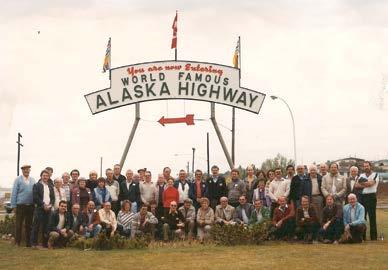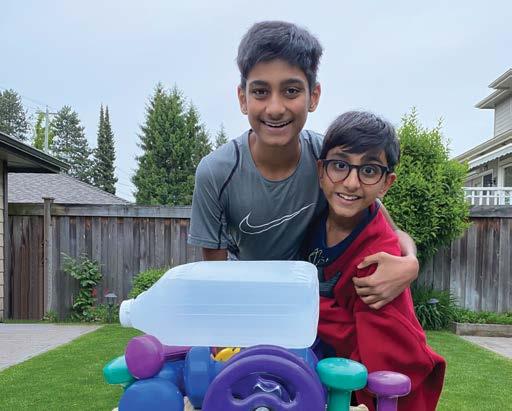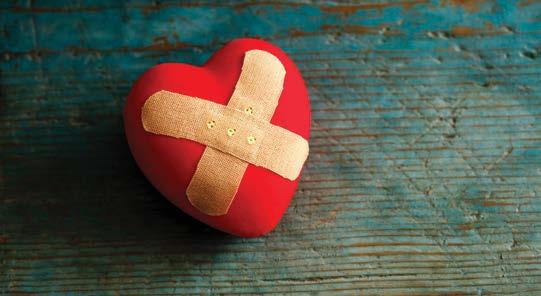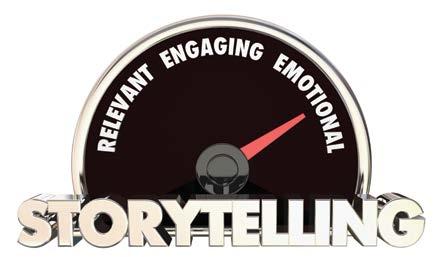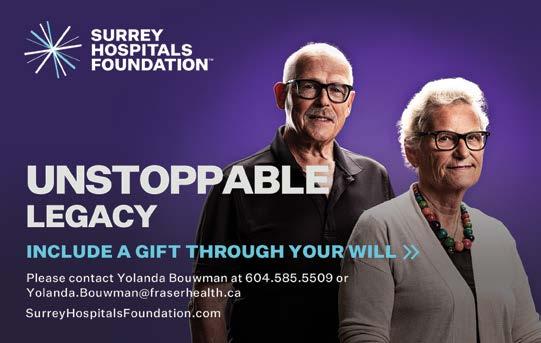COMMUNICATING
Beverly Carter
Managing Grief ©iStockphoto.com/tolgart
Good Grief: Part 1 Be Kind to Yourself
G
rief is an inevitable, inescapable part of life.
Over the past 25 years, I have experienced the deaths of five members of my immediate family; three resulted from a sudden tragic event or accident and two were more or less predictable. Each experience of death has brought a deeper, meaningful awareness and understanding of just how important communicating is in our healing. As a start, I found one of the hardest things was communicating with myself. A normally capable and energetic woman, I was brought to a standstill in a way that no previous life experience or education ever prepared me. And somewhere, maybe osmosis from my culture, crying (or PDG “Public Display of Grief”) seemed a personal weakness. One day, with my two-and-a-halfyear-old in tow, I broke down sobbing in the public library and shared my story with the librarian who just happened to be close. The librarian modelled compassion by listening
20
TABLE OF CONTENTS
and giving time and words of comfort to help me get through my day. Unbeknownst to me at the time, my learning from her was twofold: • to communicate permission to yourself to accept your expressions of grief; and • not to be afraid to communicate with someone in their grief. By personally accepting that I was allowed to grieve, letting myself learn and help other people deal with this roller coaster of a ride with unexpected twists or turns (of grief), paved the way to healthier grieving. There is no one-size-fits-all, but our inner dialogue matters.
You are not perfect and never will be. Just do your best in the moment. Here are 10 points I learned about grieving. Acknowledge Yourself 1. What I am dealing with really sucks. There is often no preparation for grief except life experience. I always say no experience is bad, but some are hard. In a recent discussion with a war vet who experienced severe BC Notaries Association
PTSD, we found a shared experience where we have turned our past challenges into positive ones. Every time an ambulance passes me, I always take pause to send positive thoughts to the person inside and to the person’s family.
2. PDG is not weakness. It is my current reality. It is stress-relief. Get comfortable with it as not every hour of every day is great. From one who knows, eventually there will be more better days than bad. Sometimes you may start out crying and end up having a laugh. 3. My new normal does not allow me to do my old normal. Grief is exhausting. Period. Brain fog can be normal for months. More sleep and a good work/life balance are important. In some cases, we will have energy to start to resume our regular activities soon after our loved one has died but be prepared for that to change . . . sometimes months down the road. I have a friend who grieved her husband after he battled multiple bouts with cancer. She went back to work after the first week he died because that is what she needed then. She needed something in her Volume 29 Number 4 Winter 2020







